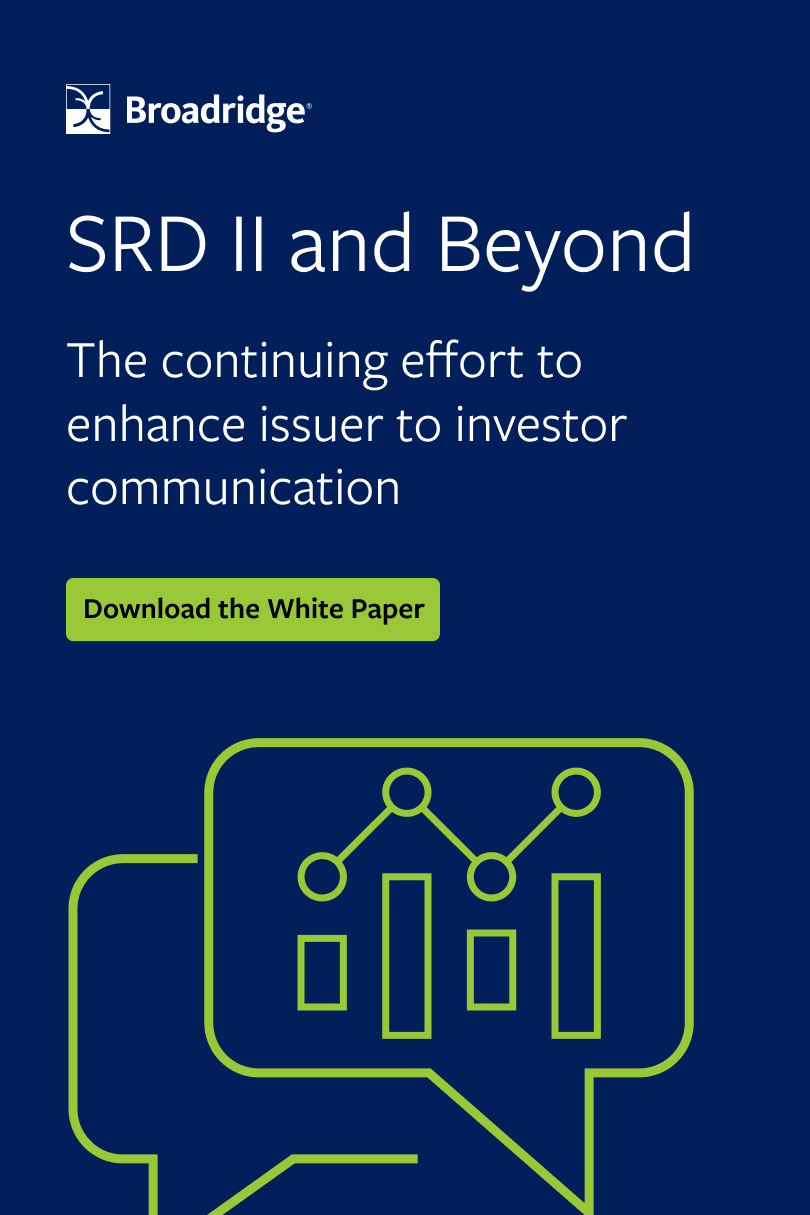An archipelago, located in the central Mediterranean between Sicily and the North African coast, Malta boasts beautiful beaches, incredible architecture and several interesting historic sites – so it’s a small wonder that it is a popular tourist attraction.
Malta is an appealing place in the asset servicing world as it continues to attract smaller fund and investment management players. It is also highly regarded by fund managers. According to industry experts, this is especially the case when compared to its peers Luxembourg and Dublin, while Cyprus was named as its main competitor.
Aside from Cyprus, market participants have also explained that there is stiff competition with local players and other jurisdiction. But such competition between the various asset servicing players has resulted in competitive pricing. While full-employment has had an inflationary effect, the competition has helped combat and counter these effects.
BOV Fund Services’ manager of business development, Rebecca Xuereb, says that this, in turn, reflects Malta’s value proposition as being a cost-competitive jurisdiction, which is one of the mainstays that has made Malta the domicile of choice for, predominantly, small- and medium-sized fund promoters.
Malta still remains an attractive choice, and 2019 has been described by Dolfin Asset Services’ CEO, Ramon Bondin, as an “interesting year” for Malta’s asset servicing industry, and explains that the industry witnessed a consolidation of its fund structures and domiciliation of bigger funds to more established jurisdictions.
However, at the same time, Bondin notes that non-Malta based structures were bringing services in and out of Malta across a number of providers, from investment managers to fund administrators.
In June last year, data found that there were 553 funds domiciled in Malta and a further 191 funds administered from the island. Bondin cites that the wider financial services sector now accounts for close to 12 percent of the total gross-value add of the Maltese economy.
While last year was an interesting year for Malta, industry experts from BOV Fund Services and Dolfin Asset Services weigh in on what we can expect to see in the pipeline for Malta’s asset servicing industry for 2020.
The challenges
This year not only marks the start of a new decade but also the year of Brexit. The uncertainty clouding Brexit has trickled down into many industries including asset servicing.
As BOV Fund Services’ Xuereb identifies, the result of the Referendum in 2016 and the consequent uncertainties led some UK operators to adopt a ‘wait-and-see’ approach, with others taking more proactive precautions.
Xuereb explains that since the referendum and the subsequent possibility of a no-deal Brexit, BOV Fund Services has received many enquiries both from existing clients as well as other operators in relation to Brexit scenario planning for their operations.
“With various options available for both funds and asset management and the possibility of delegating certain functions back to the UK, even after Brexit, Malta provides an ideal solution for access to the EU market in the case of the UK leaving the EU and we have in fact already seen a number of redomiciliations and new set-ups in the wake of the Brexit decision,” Xuereb adds.
Bondin stresses the importance of the relationship between Malta and the UK and says: “Malta has very strong ties with the UK as well as with UK-based investment managers.”
He says that although a number of service providers already have a base in other EU jurisdictions, “Malta is definitely a key contender for companies that require access to the EU market, especially for small- to medium-sized asset managers”.
Meanwhile, in line with the finance industry more broadly, regulation is another challenge facing Malta with recent years showing increasingly complex regulations entering the finance world.
Xuereb says: “There was much to ponder last year and regulatory pressures are expected to continue into 2020 with the strengthening of policies by many regulators, including updates to the Alternative Investment Fund Managers Directive (AIFMD).”
AIFMD is an EU directive that aims to monitor the regulatory activity of hedge funds, private equity and other alternative investment firms by looking to place them into a regulatory framework. Such continuous updates, Xuereb says, creates a “challenging environment” for the asset management and asset servicing industries.
With significant investment and a shift of industry players focusing on their compliance and risk management functions, Xuereb explains: “Asset servicing players such as BOV Fund Services, who offer a comprehensive range of regulatory reporting to clients, ensure to keep abreast of such updates and quickly adapt to continue to offer an efficient service to clients.”
Aside from regulation, Bondin identifies that banking is the main challenge, not in Malta but across Europe.
He adds: “In Malta, this is a concern due to the size of the market and the limited number of operators on the island. In fact, we have seen a number of fund structures setting up banking relationships beyond Malta.”
A double-edged sword
In the digital age, technology is somewhat of a double-edged sword providing both opportunities and challenges, and this is certainly the case in Malta’s asset servicing industry.
Technology has created the opportunity to innovate and create efficient processes but all of this shiny stuff comes at a cost.
Indeed, as Xuereb highlights, with technology advancing so rapidly, industry players and service providers must ensure to stay ahead of digital transformation to remain competitive and continue to provide the best service to their clients.
In Malta, Xuereb says that with respect to innovative solutions, even at country-level, Malta has continued to adapt and introduce new and innovative solutions.
This includes the fast-track Notified AIF regime, whereby alternative investment fund managers may launch an alternative investment fund within a maximum of 10 days, and the more recent adaptation of the professional investor fund (PIF) regime to cater for Virtual Financial Assets. Xuereb notes: “Such innovation within the funds industry continues to add to Malta’s attractiveness as a destination for funds and asset management.”
Discussing technology at BOV Fund Services, specifically, Xuereb adds: “BOV Fund Services, Malta’s leading fund services provider, continues to invest in state-of-the-art technological infrastructure to ensure that our clients continue to receive a seamless service, allowing them to focus on their core function of fund management.”
2020 trends and priorities
As previously identified, 2019 was an ‘interesting’ year for Malta’s asset servicing industry. But, aside from this, it has also been noted by one industry expert that in recent years, Malta’s fund industry has seen most of its growth occurring in the alternative space through the professional investor fund regime.
Looking at whether or not this growth could continue into 2020, Bondin suggests that the alternative space, through the PIF regime, is a key product within the fund space in Malta, particularly for smaller/start-up funds.
The PIF is a product of Malta’s homegrown regulation and an ideal solution for alternative fund managers falling out of the scope of the AIFMD.
Speaking to AST last year, Ivan Grech of FinanceMalta, said: “When the AIFMD was implemented, Malta did not simply replace the old with the new, but rather, while being among the first jurisdictions to implement the directive, retained an attractive space for de minimis alternative fund managers with much less onerous requirements than stipulated within the European directive.”
“This rulebook coupled with a variety of other desirable other factors has established Malta as an ideal niche alternative fund domicile of choice, particularly attractive to the small- to medium-sized fund managers. Apart from the flexible and less restrictive PIF rulebook, the island boasts a number of other advantages that make it the destination of choice for a large number of fund managers.”
The PIF was introduced in Malta in 2000 and boosted the internationalisation of Malta as an international fund domicile. Xuereb explains: “With Malta’s eventual access to the EU in 2004 and the introduction of heavier regulation following the Global Financial Crisis of 2008, the PIF was never replaced but rather maintained alongside other regimes. This allowed Malta to remain very attractive and competitive as an EU fund domicile of choice.”
“PIFs are essentially alternative investment funds not captured by the EU Alternative Investment Fund Manager’s Directive and are thus subject to less onerous regulations offering further flexibilities and efficiencies. Such flexibilities and efficiencies unique to Malta are thus the reason that the jurisdiction continues to see growth in the alternative space, through the PIF regime,” Xuereb explains.
Meanwhile, more recently, Bondin observes that Malta is also seeing a number of PIFs converting to AIFs, either due to their size or to avail themselves of the EU passport that the AIF regime provides.
Bondin continues: “In general, we see a bigger proportion of flows coming from the alternative space rather than the UCITS space. Malta’s NAIF allows for a fund to be set up within ten days, and it is notably less expensive than Luxembourg’s equivalent. The cost differences vary depending on the fund structures involved, but it often costs 30 to 40 percent less to run and administer a fund in Malta than in Luxembourg.”
Looking to the rest of the horizon for 2020, the alternatives fund space is expected to be a key contributor – more so than the UCITS regulatory space. According to Bondin, the demand is expected to come mostly from existing AIF/NAIF fund platforms that use Malta as their base.
“Although the number of fund structures might be seen to decrease, demand for ‘the platform model’ and consolidation of structures is expected to rise,” Bondin predicts.
Within the asset management space in general, Bondin expects more demand for services to other EU jurisdictions but also non-EU, predominantly Cayman structures, to be services in and out of Malta.
Xuereb says: “We expect the focus on strengthening regulation to continue throughout 2020. Particularly with discussions and developments surrounding environmental, social and governance (ESG) including the creation of a standard ESG taxonomy and ESG-specific benchmarks.”
She adds: “This may, in turn, lead to further driving the growth of sustainable funds.”
Within Malta, Xuereb says she expects the industry to maintain “the momentum of development” as seen over the past few years.
While technology will continue to be an opportunity and a challenge, as well as regulation, in 2020, Malta can also expect to see even further growth upon its horizon, especially in its renowned alternatives fund space.



